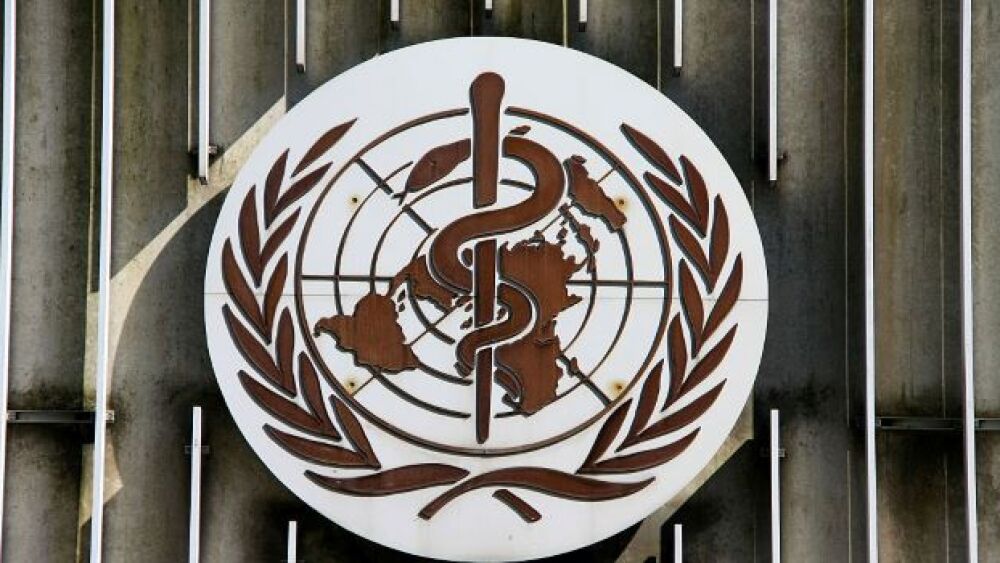The WHO’s Emergency Use Listing (EUL), a prerequisite for COVAX Facility vaccine supply, evaluates the safety, quality, and efficacy of the COVID-19 vaccines. As such, today’s approval allows the vaccine to be used by agencies and NGOs around the world.
WHO. Photo courtesy of Andia/Universal Images Group via Getty Images
Today, after just a four-week review process, the World Health Organization (WHO) issued emergency use approval (EUA) to two versions of AstraZeneca-Oxford’s COVID-19 vaccine as the next weapons in the globe’s arsenal against the SARS-CoV-2 virus.
The two subsets of the vaccine, a viral vectored vaccine called AZD1222 (ChAdOx1) are being manufactured by the Serum Institute of India Pvt. Ltd. in that country and by AstraZeneca-SKBio in the Republic of Korea.
Serum Institute of India, the world’s largest vaccine manufacturer by number of doses produced, inked a deal with AstraZeneca in June 2020 to supply one billion doses of the candidate to low and middle-income countries, including India.
The vaccine will now be available for distribution among all participating members of the Covax program.
It was reviewed on February 8th by the WHO’s Strategic Advisory Group of Experts on Immunisation (SAGE), the panel in charge of recommending the use of vaccines in various populations, which last week recommended it for all age groups 18 and above. The interim recommendations stated that two doses of the vaccine should be given an interval of around 8 to 12 weeks, and can be used in countries where the South African B.1.351 variant is present.
South Africa recently paused the rollout of the vaccine after results from a small study indicated that it provided minimal protection against mild-moderate COVID-19 infection from that strain.
“Is it perfect? No, it’s not perfect, but it’s great. Who else is making 100 million doses in February?” AstraZeneca chief executive officer, Pascal Soriot said at a recent conference call about the vaccine. “We’re going to save thousands of lives and that’s why we come to work every day.”
The Pfizer-BioNTech vaccine was listed for emergency use at the end of December, but the AstraZeneca-Oxford shot has a considerable upside, particularly for lower-income nations. It possesses two definite advantages: one, it is less expansive, and two, its ability to be stored at normal refrigeration temperatures makes it more easily distributable.
“Countries with no access to vaccines to date will finally be able to start vaccinating their health workers and populations at risk, contributing to the Covax facility’s goal of equitable vaccine distribution,” said WHO Assistant-Director General for Access to Medicines and Health Products, Dr. Mariângela Simão in a statement on Monday.
The WHO’s Emergency Use Listing (EUL), a prerequisite for COVAX Facility vaccine supply, evaluates the safety, quality, and efficacy of the COVID-19 vaccines. As such, today’s approval allows the vaccine to be used by agencies and NGOs around the world. It also opens the doors to a more expedited approval process of this vaccine in other countries.
It also opens the doors to a more expedited approval process of this vaccine in other countries.
“The WHO prequalification is one of the steps for allowing it to be used internationally. A WHO prequalification allows UN agencies to purchase it, and it’s one of the regulators necessary for global use,” Jason Nickerson, a Humanitarian Affairs Advisor at Doctors Without Borders/ Médecins Sans Frontières (MSF) Canada, told BioSpace.
The vaccine is currently approved for use in the UK and EU, and AstraZeneca has said that it anticipates data for its phase III trial in the U.S before the end of March.






